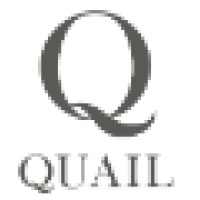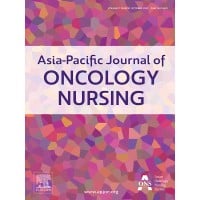
Quail Publishing
WHO WE ARE We are mad about two things; Books & Good Design. Grown from a visual communication background, Quail has been formed to merge our two industries together. Here at Quail we believe that books can only be ‘outstanding books’ when they have an awareness of visual communication. With a strong understanding of the Craft sector our real passion and drive is to produce beautiful created books, with a perfect balance of photography, information & graphics. Competing in a market that is flooded with thousands of books, we take each new title as an individual project, focusing on market trends and new ways of visually communicating the author’s message. Why the name Quail you may ask? Well when we think of our products and our core focus, we felt no better word could describe them both. Quail Books – ‘Small but perfectly formed, unique in size & exquisite’






